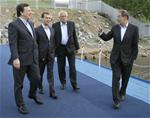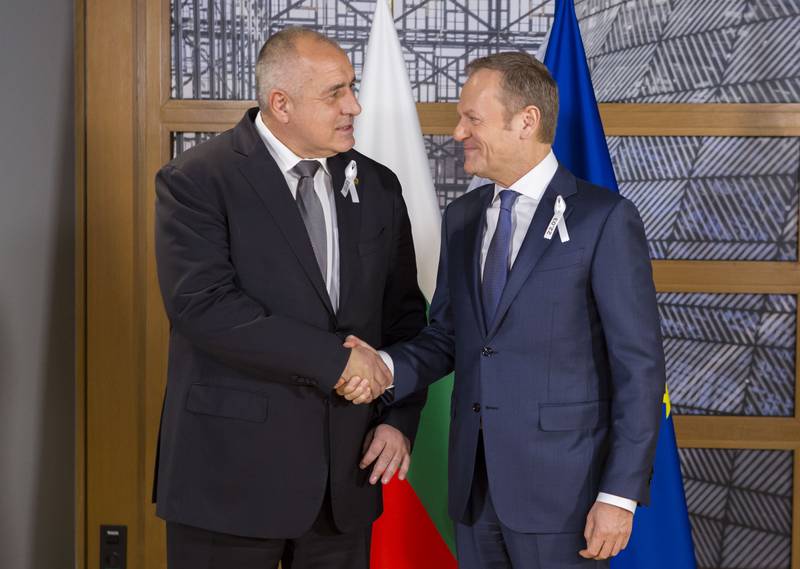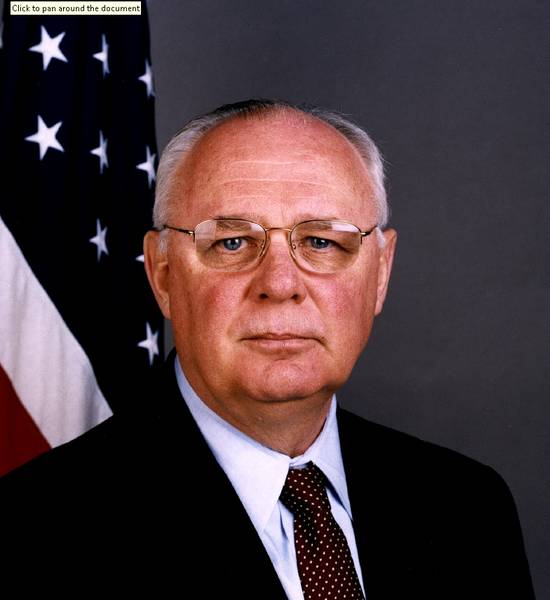South Ossetia and energy are the problem between EU and Russia
Adelina Marini, May 21, 2009
 The war in Georgia and the gas crisis on January with Ukraine appear to be the stumbling point for the EU-Russia relations, claims the director of research programmes in the Institute for international and strategic relations in Paris Lore Delcoure in an interview with the Russian news agency Novosti. The main task for the EU and the leading countries in it France, Germany and Italy should be to make Russia become more open to cooperation. The three biggest countries in the EU are among the biggest partners and allies of Russia.
The war in Georgia and the gas crisis on January with Ukraine appear to be the stumbling point for the EU-Russia relations, claims the director of research programmes in the Institute for international and strategic relations in Paris Lore Delcoure in an interview with the Russian news agency Novosti. The main task for the EU and the leading countries in it France, Germany and Italy should be to make Russia become more open to cooperation. The three biggest countries in the EU are among the biggest partners and allies of Russia.
According to Delcoure, the most important moment of the EU-Russia summit in Khabarovsk will be "the cooperation in the regions around Russia, the near abroad" and especially the latest initiative of the EU "Eastern Partnership", introduced for the first time on the 7th of May in Prague. Delcoure also said that "if Russia proposes something to the countries of the Eastern partnership (Azerbaijan, Armenia, Georgia, Moldova, Belarus and Ukraine), then Moscow will not have to fear from EU closing ties with those countries.
Slightly different opinion has the analyst of the Novosti news agency Andrey Fedyashin. The problems in EU-Russia relations are two, he says: first, it's very difficult to understand how EU-Russia came to Khabarovsk, but the second the more important question is: where to after Khabarovsk? Fedyashin agrees though that the main obstacles in EU-Russia relations are South Ossetia and the gas but very serious problem is Eastern partnership as well because this irritates Moscow. The Kremlin, not without arguments, considers this initiative as an attempt to create an additional cordon around Russian borders.
And it's true, if we remember last year's summit in Khanty-Mansiysk on the 27th of June, this one will be much harder. Back then, a year ago, EU leaders and Russia looked as if the future of their relations was clear because no one expected what Mikhail Saakashvili would do in August. At their meeting in Khanty-Mansiysk the start of negotiations on the new framework agreement for partnership had been agreed. This agreement will be discussed in Khabarovsk too but long after the issues like Eastern partnership, the Russian proposal for a new energy charter, the new architecture of European security and many other issues.
At the moment Russian president Dmitry Medvedev is having unofficial dinner with the Czech president Vaclav Klaus, Jose Manuel Durao Baroso and Javier Solana. Tomorrow the plenary session start.
 Boyko Borissov, Donald Tusk | © Council of the EU
Boyko Borissov, Donald Tusk | © Council of the EU Boris Johnson | © Council of the EU
Boris Johnson | © Council of the EU James W. Pardew | ©
James W. Pardew | ©